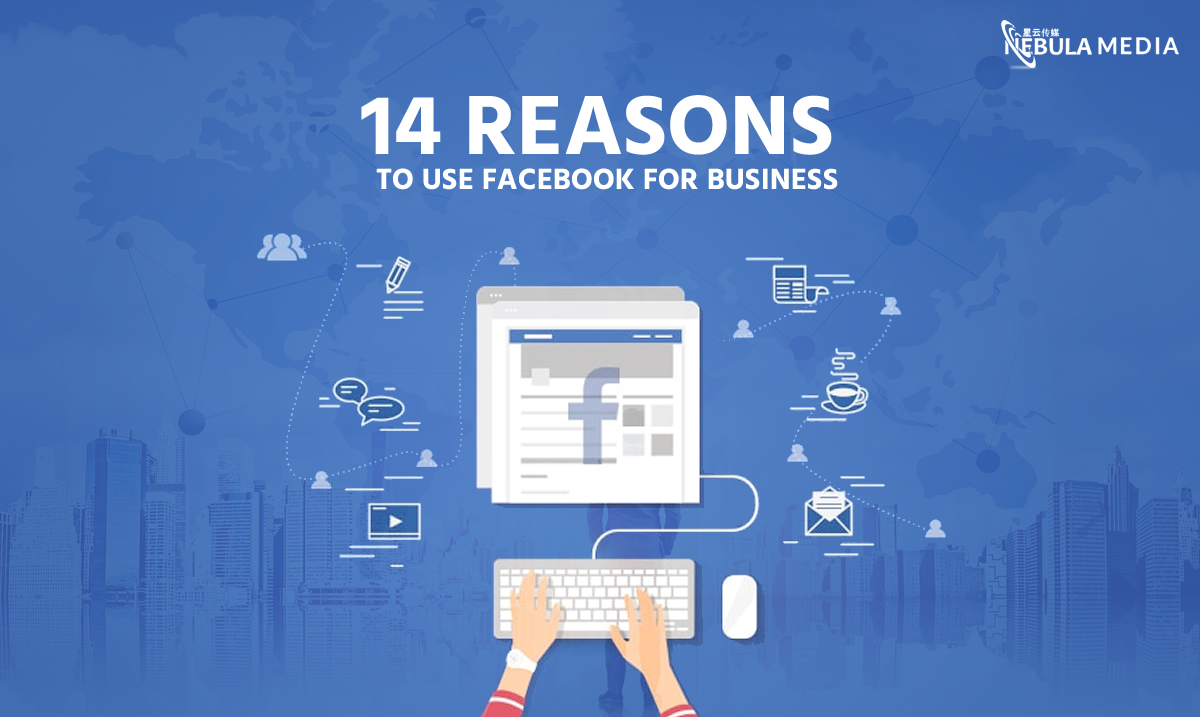14 Reasons to Use Facebook for Business
1. Build Long-Term Relationships
Facebook pages are a really great way to centralize information and also engage with your customer base in a one-on-one format. Unlike faster platforms like Twitter, or image-oriented ones like Instagram, Facebook gives you the space to create a more long-term, interactive platform where you or your social media employees can really engage with your customer base.
2. Efficient Channel of Communication
If your company roots itself in this sort of one-to-one engagement with customers, a great way to keep your base active is to pin posts to the top of your timeline. Often times, customers will visit your Facebook page en masse in search of information, to gauge your company’s stance on a particular issue, or because they are interested in learning more about your company in general. A pinned post can serve many needs, from common inquiries to real-time issues, but perhaps its greatest use is to serve as a focused channel for communication. You can answer your customers’ questions, address company-wide issues or purchasing issues, announce sales, and more.
3. Market Research
Facebook Page Insights provides robust analytics capabilities for both free and paid posts. Facebook gathers information on your page viewers so that you can get a better sense of the demographic you’re reaching, which is helpful in determining your best practices and figuring out if you’re targeting the right people for your products. Learning more about your customers’ ages, races, genders, languages, job titles, and educational levels can help you get a deeper understanding of your customers’ needs, interests, and backgrounds so that you can tailor your posts, tone, and content to appeal to them more specifically.
4. Save Money
Regardless of whether your business is just starting out, or you have a respectable or sizeable following of loyal customers, a Facebook page remains free to set up, making it a great low-cost marketing strategy.
5. Centralize Your Audience
Facebook is also a solid means of centralizing your audience. While a website is crucial to driving business performance and informing both frequent and prospective customers of what your business does, a Facebook page can often serve as a place where you can build your business’s brand and can serve your mission on a more interactive level.
6. Drive Traffic to Your Website
There are many ways that you can generate traffic to your business’s website through Facebook. From ads that direct traffic to landing pages, to linking your blog posts and even putting a link to your website in your “About” section, your Facebook page can serve as a funnel for prospective customers who want to learn more about your business.
7. Keep Up with Trends and Best Practices
When linking blog posts on your page, or pinning each week’s top hit to your timeline, you can start conversations among your customers and followers and get a pulse on their opinions about important topics, such as industry changes, trending topics, brand alterations, or best practices.
8. Target More Effectively
With Facebook advertising and boosted posts, you can reach new potential customers who fall within the demographic of people you appeal to most.
9. Reach More People
This one is simple: Facebook has billions of users. That means your Facebook page has the potential to reach billions of people around the world at a moment’s notice. With such a large basic population, Facebook is home to one of the widest ranges of people in the world and remains one of the best ways to reach a multitude of people from all different walks of life. This means that if you’re searching for new audiences or looking to reposition yourself within a market, Facebook’s user-friendly, wide-reaching platform may be the best place you can do it.
10. Share a Holistic View of Your Business
Even if your website is well-laid out and easily navigable, there really isn’t anything like a Facebook page to give customers a full, at-a-glance view of your operating hours, policies, offerings, and brand culture. On a website, these things may be present but still require some time to sink in with customers; on Facebook, which has the built-in benefit of using a format that is familiar to all of its users across generations, users and page-viewers can readily access all of the information you want and need them to in one fell swoop.
11. Word-of-Mouth Marketing
Sharing pages and posts (aka word-of-mouth marketing) on Facebook is extremely easy for all users. While liking and commenting directly on content can often drive much of your business, the innate usability of Facebook allows all who see your posts to easily share your content with those they think will be interested (word-of-mouth marketing). Sometimes, contests or other strategies can be implemented to convince your users to share your content as well—though incentives are never as effective as purveying high-quality content that is relatable to your audience. (Related post: How to Create Shareable Content)
12. Get More Customers
Between Facebook targeting techniques and analytics, you’ll have every tool at your fingertips to implement better strategies for increasing the size of your customer base. As we discussed in #3, Facebook is a helpful tool for gathering more information on the demographic you’re reaching, which in turn can help you style your content and build your brand. In this same vein, you can use the research you gather to learn where your next move might be and how to cultivate new customers and expand your reach.
13. Create Mobile Content
80% of social media time is spent on a mobile device (Source: Impact). This means that your Facebook page and advertisements are most often seen on your customers’ phones or tablets, and should be easily accessible in such formats. This also means that having a Facebook page is crucial to your mobile marketing content, especially when you aren’t able to optimize your website’s mobile functioning or create mobile-friendly emails. Users are less likely to spend time fidgeting with a desktop-format email or website on their phone than they are to open Facebook and use your business page to find the information they need.
14. Competitor Research
Facebook analytics can really make a difference when you’re trying to raise a competitive edge. As Facebook is built with the intention of fostering community among individuals, this also allows you to find out what your competitors are doing on Facebook. With access to more insight into how your competitors are doing, you can find better and more effective ways of reaching out to your audience, covering your customers’ needs, and addressing issues that arise within your industry or market that your competitors haven’t.


